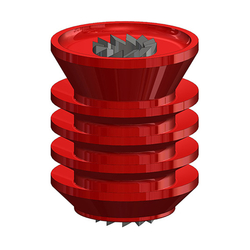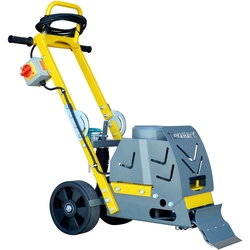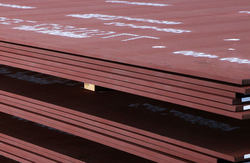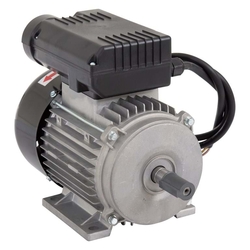
Morgan Atlantic Ae - | E-Showroom

Morgan Atlantic Ae - | E-Showroom
Morgan Atlantic Ae
16005 office 203A Rak PO BOX #16005 Business Center 4, office 203A Rak Ras Al Khaimah
United Arab Emirates
Oman Yellow Pages Online is a Local Business to Business Directory in Oman offering business list of more than 250,000 companies. You can find Hotels in Oman , Companies in Oman , Properties in Oman , Travel info in Oman through this Site. Yellow Pages Oman Updated in 2026 Get Maximum Benefit for your Business Visit YP MarketPlaces
| About Us Careers Company Information User Guide About Us |
Buying Options Post Buying Leads Browse Categories Companies in Oman How to Buy |
Selling Options Post Selling Leads Browse Categories How to Sell |
Safety & Support Help Safety & Security Copyright Infringment |
Advertising How to Advertise? Host Website with us Elite Membership |
Method Of Payment Privacy Policy Refund Policy Dispute & Resolution Policy Terms |
| Thanks for Posting your Requirement
with
Oman Yellow Pages Online
If you are not Verified Buyer then Please Verify Your Email to get Quotes from Verified Suppliers. |








|
Thanks for Reporting Error in Listing of on Oman Yellow Pages Online
Our Technical Team will review the Information and will Rectify the Error as Soon as Possible. |
| Thanks for Reply.
Oman Yellow Pages Online
Your Reply is Sent to the Buyer. |
| Thanks for Reply.
Your Reply is Sent to the Seller. |
| Ok Close |




